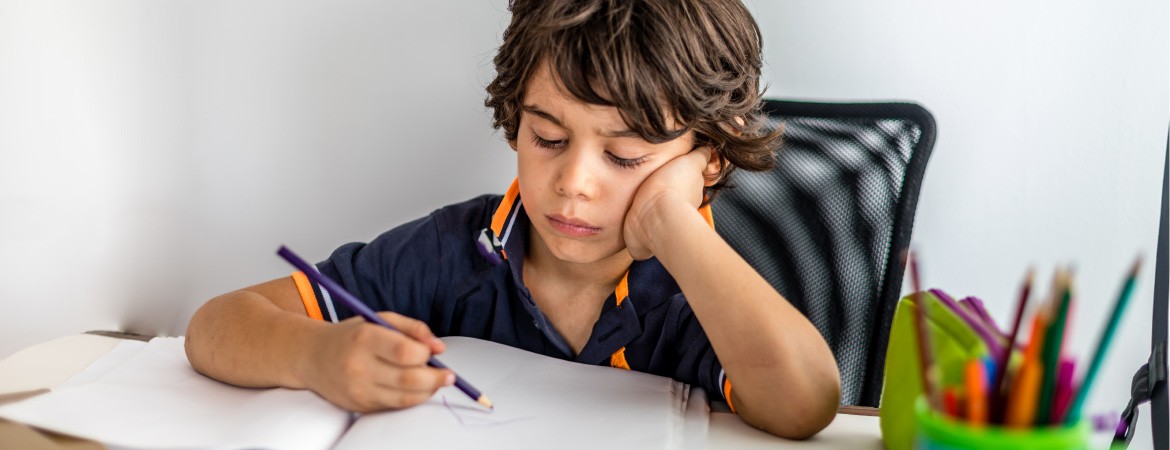After arguing for over 20 years that homework is inherently bad for pupils, the world of education is beginning to agree. Many parents like homework as it ‘controls’ their children’s time and takes away the onus of doing things with the children. Many teachers like homework as it seems to them as part of being a teacher. Not many pupils like homework.
As a father of two I used to hate homework for the simple reason that it stopped me from doing family things. There were so many occasions when I wanted to take the children out and they said ‘no we can’t go, we have homework to do’. Seriously? It is better to spend 2 hours on work you have been doing all day rather than to go the Sports Club, enjoy meeting people and doing athletics?
I have personally witnessed keen and able pupils have real nervous breakdowns in their teenage years as the pressure to study and do homework builds up from Year 1.
The following are extracts from an article written in 2019. The findings are all based on research and not feelings, instinct or past prejudices. They should be noted carefully.
Mr George Bowery
Is Too Much Homework Bad for Kids’ Health
Research shows that some students regularly receive higher amounts of homework than experts recommend, which may cause stress and negative health effects.
Research suggests that when students are pushed to handle a workload that’s out of sync with their development level, it can lead to significant stress — for children and their parents.
Both the National Education Association (NEA) and the National PTA (NPTA) support a standard of “10 minutes of homework per grade level” and setting a general limit on after-school studying.
Experts say there may be real downsides for young kids who are pushed to do more homework than the “10 minutes per grade” standard.
“The data shows that homework over this level is not only not beneficial to children’s grades, but there’s really a plethora of evidence that it’s detrimental to their attitude about school, their grades, their self-confidence, their social skills, and their quality of life,” Donaldson-Pressman told CNN.
They report the no-homework policy has taken the stress out of their afternoons and evenings. In addition, it's been easier for their children to participate in after-school activities.
Consequences for high school students
In 2013, research conducted at Stanford University found that students in high-achieving communities who spend too much time on homework experience more stress, physical health problems, a lack of balance in their lives, and alienation from society.
The researchers also found that spending too much time on homework meant that students were not meeting their developmental needs or cultivating other critical life skills. Students were more likely to forgo activities, stop seeing friends or family, and not participate in hobbies.
Many students felt forced or obligated to choose homework over developing other talents or skills.
"Our findings on the effects of homework challenge the traditional assumption that homework is inherently good," said Denise Pope, PhD, a senior lecturer at the Stanford University School of Education, and a co-author of a study.
Pope described one teacher she worked with who taught Advanced Placement biology, and experimented by dramatically cutting down homework assignments. First the teacher cut homework by a third, and then cut the assignments in half.
The students’ test scores didn’t change.
“You can have a rigorous course and not have a crazy homework load,” Pope said.
The full article can be found at https://www.healthline.com/health-news/children-more-homework-means-more-stress-031114#2






